'I was commonly told I was faking my Tourette's'
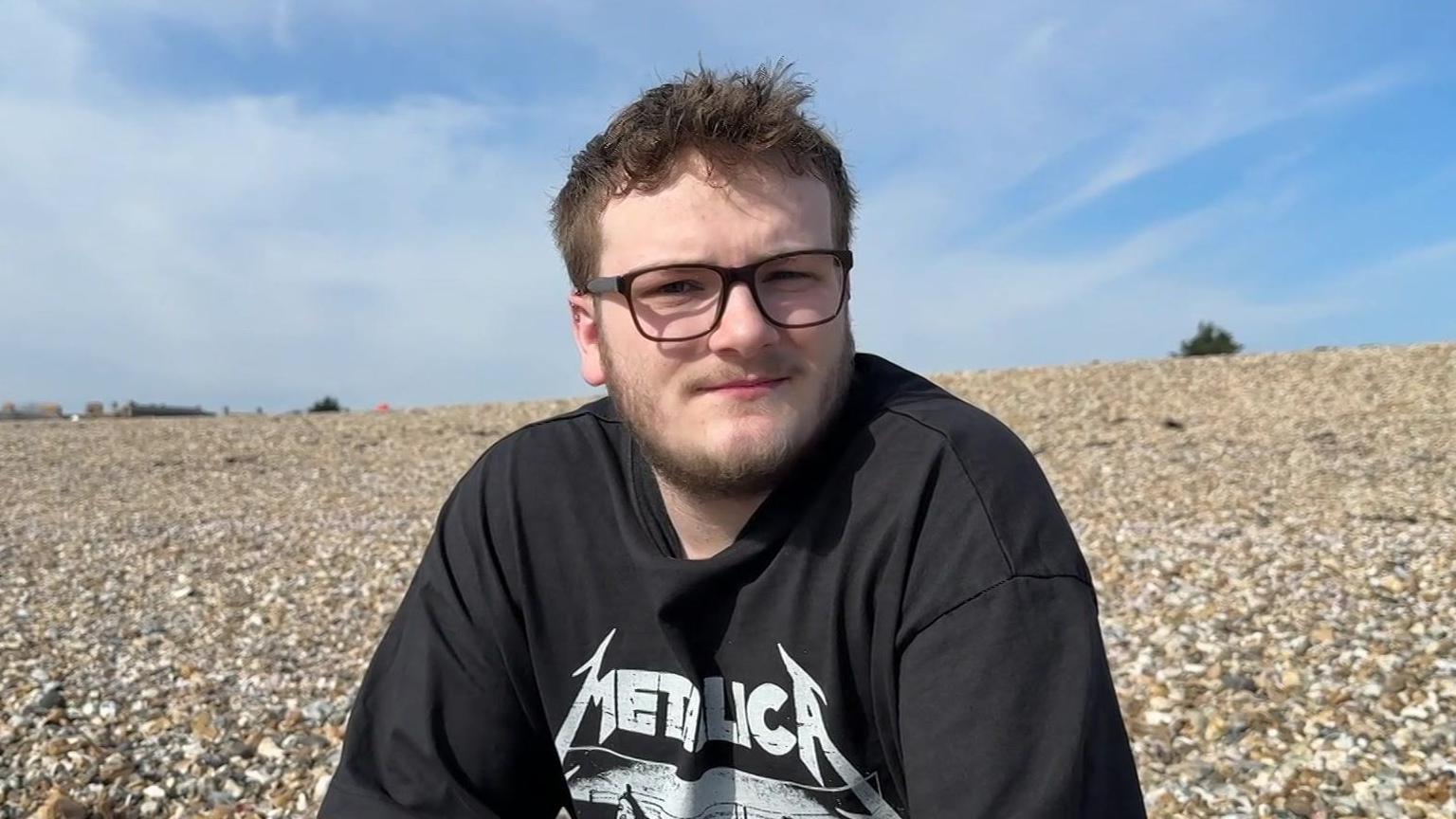
Spencer Davies-Monk was diagnosed with Tourette's 13 years ago
- Published
"I was commonly told I was faking my condition."
Spencer Davies-Monk, 20, from Upper Heyford in Oxfordshire, first started having noticeable tics when he was six and was diagnosed with Tourette's syndrome at age seven.
The neurological condition is characterised by involuntary movements and sounds called tics, which can include blinking, grimacing or making repetitive sounds.
A recent Freedom of Information request identified only 12 NHS trusts currently provide a full diagnostic and treatment pathway for the symptoms in children and young people – that number is even smaller for adults.
"Growing up with Tourette's was a different experience than a lot of other kids," Mr Davies-Monk told the BBC.
"At school, at the time, I was told by teachers multiple times that I was lying or faking it. Even after the diagnosis, that didn't change."
The BBC spoke to then eight-year-old Spencer Davies-Monk and his family about his Tourette's in 2013
He said the process of getting diagnosed had been "hard" for his parents because doctors "wouldn't take us seriously".
"We were told that they were bad parents or that I was just misbehaving," he said.
But having the diagnosis allowed him to "access the Tourette's community" and to "meet more people who are like me, so I didn't feel so alone".
More than a decade on, Mr Davies-Monk, who is a student at Portsmouth University, said his condition was now "just a part of me - I don't really think about it".
One in every 100 people live with tic disorders, such as Tourette's, and are more likely to be unemployed, commit suicide or experience poor mental and physical health.
There is no cure, but treatment can help manage symptoms.
Before her private diagnosis at the age of 29, Jimmi, from Bournemouth, said she was often labelled a "troublemaker".
"I got diagnosed within a couple of minutes. It was a relief so I can actually explain to people what it is," she told the BBC.
"It's important to be understood so there's not some judgment."
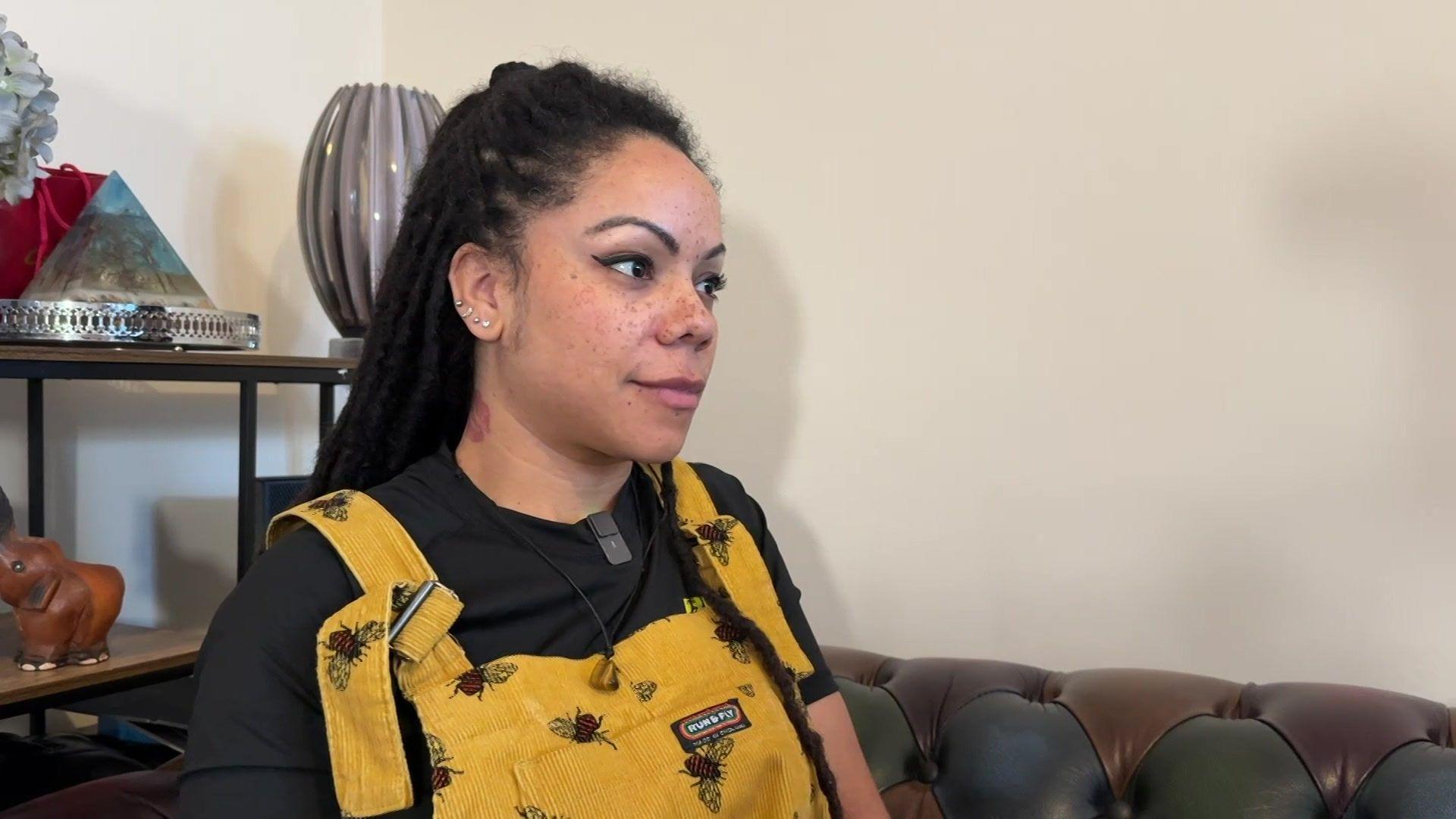
Jimmi was diagnosed at the age of 29
Dr Daniel Jones, from Reading, is an academic researcher with a specialism in Tourette's at the University of Sheffield and has the condition himself.
As part of the research for his master's degree, he created a Facebook page specifically for adults with Tourette's.
"It just blew up and lots of people have referred to it as life-saving," he said.
"There were a lot of people finally coming to grips with their childhood and things that were happening."
He said one of the biggest problems was the lack of National Institute for Health and Care Excellence (NICE) guidelines.
These are evidence-based recommendations for health and care in England and Wales and are intended to help improve patient outcomes.
In November 2024, the body recommended two digital therapies for use in the NHS, while more evidence is gathered. There are still no guidelines for diagnosis.
Dr Jones is part of a national steering group for tics and Tourette's syndrome which has been specifically working on NICE guidelines.
He said: "The response we got was that it wasn't a priority for NICE at that point.
"From my perspective, it's quite a strange focusing on treatment before the diagnosis. I would argue that it should be a priority for them."
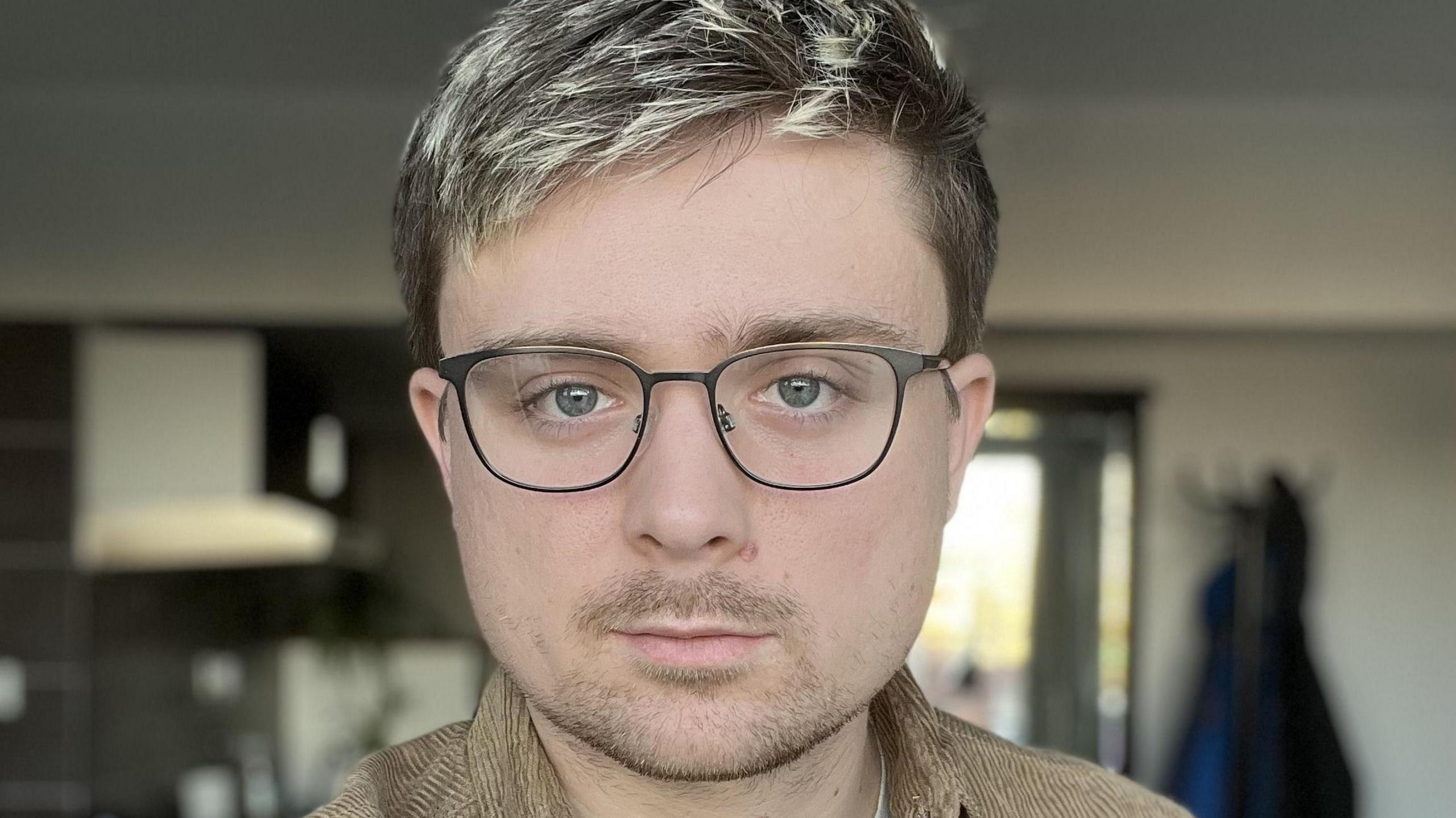
Dr Daniel Jones is an academic with Tourette's
Outside of London, the only specialist treatment facility in the south of England is in Oxford and has been up and running for about a year.
It offers behaviour therapy as treatment, with patients referred from all over the country.
Emma McNally, CEO at Tourette's Action, submitted a report last year asking NICE to create clinical diagnostic and treatment guidelines for the condition.
She said: "Everyone, regardless of their postcode, should be able to access a diagnosis and treatment close to home."
NICE said it had decided against moving forward with creating guidelines.
"We will explore developing a clinical knowledge summary, which provide healthcare professionals in primary care with concise, accessible, and evidence-based summaries of current knowledge and best practice guidance, supporting quick and informed decision-making," a spokesperson for the body said.
"NICE has finite resources and we must focus on those areas where our guidance is likely to lead to significant improvements for people using NHS services."
You can find information and support for issues raised in this story at BBC Action Line.
Get in touch
Do you have a story BBC Oxfordshire should cover?
You can follow BBC Oxfordshire on Facebook, external, X, external, or Instagram, external.
- Published3 October 2024
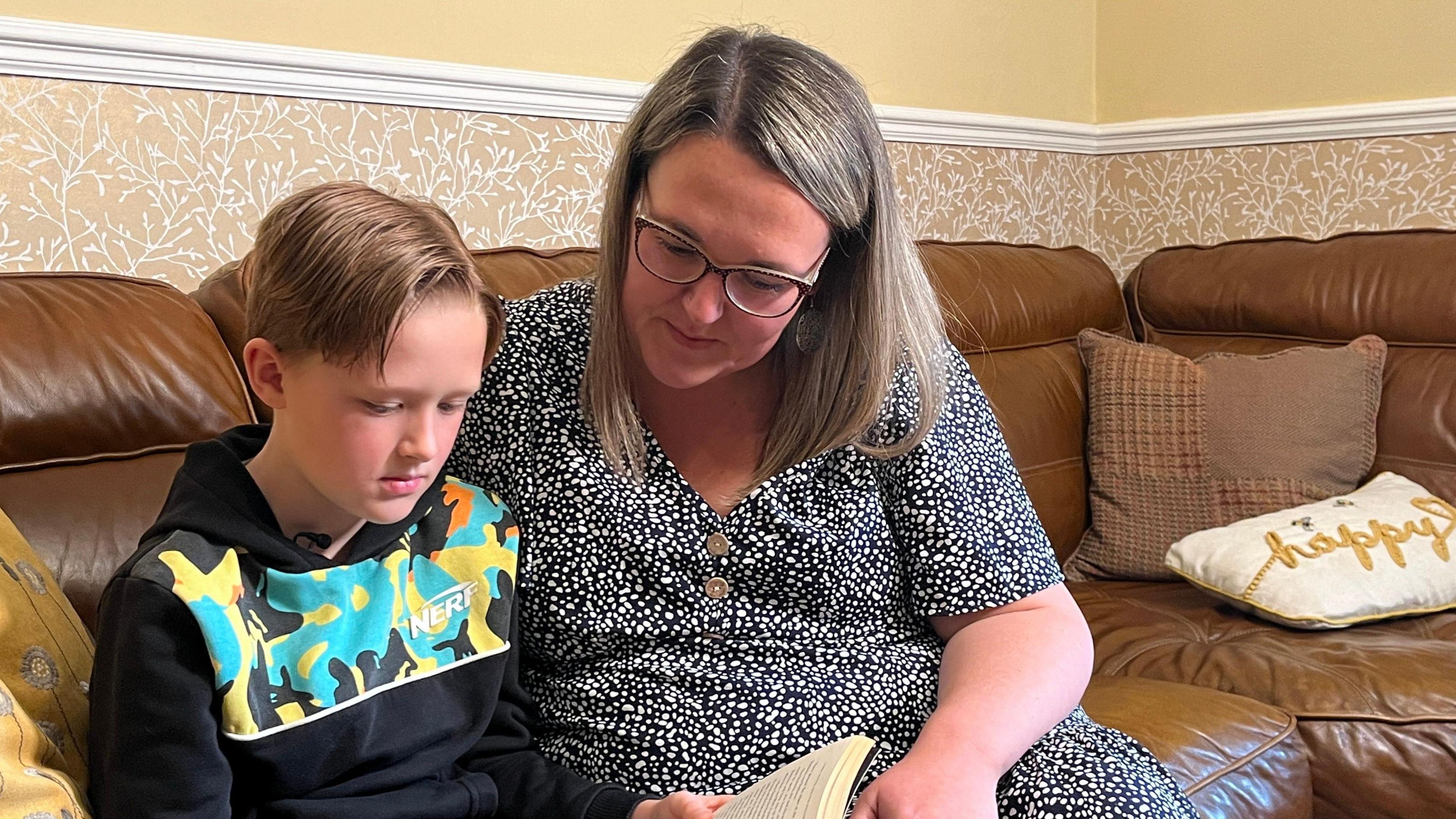
- Published17 September 2023
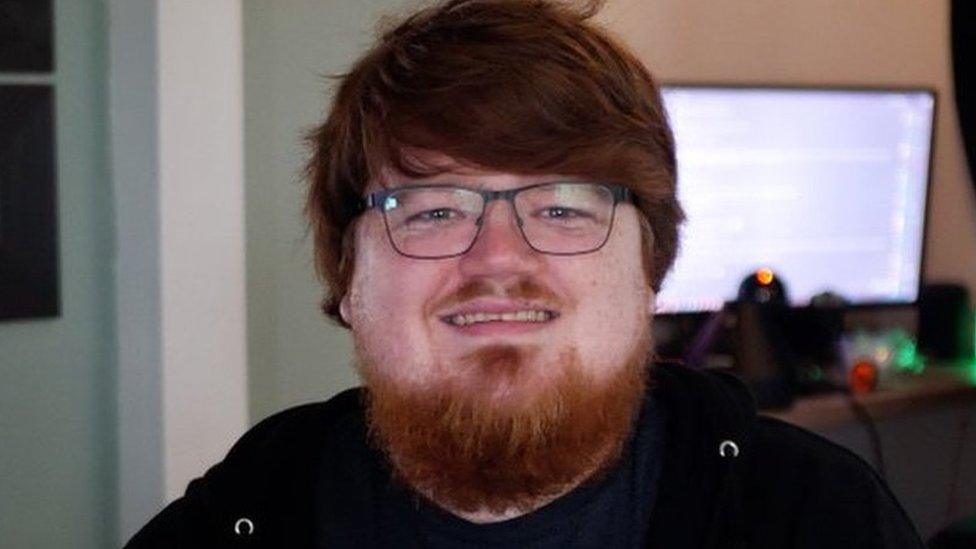
- Published2 July 2013